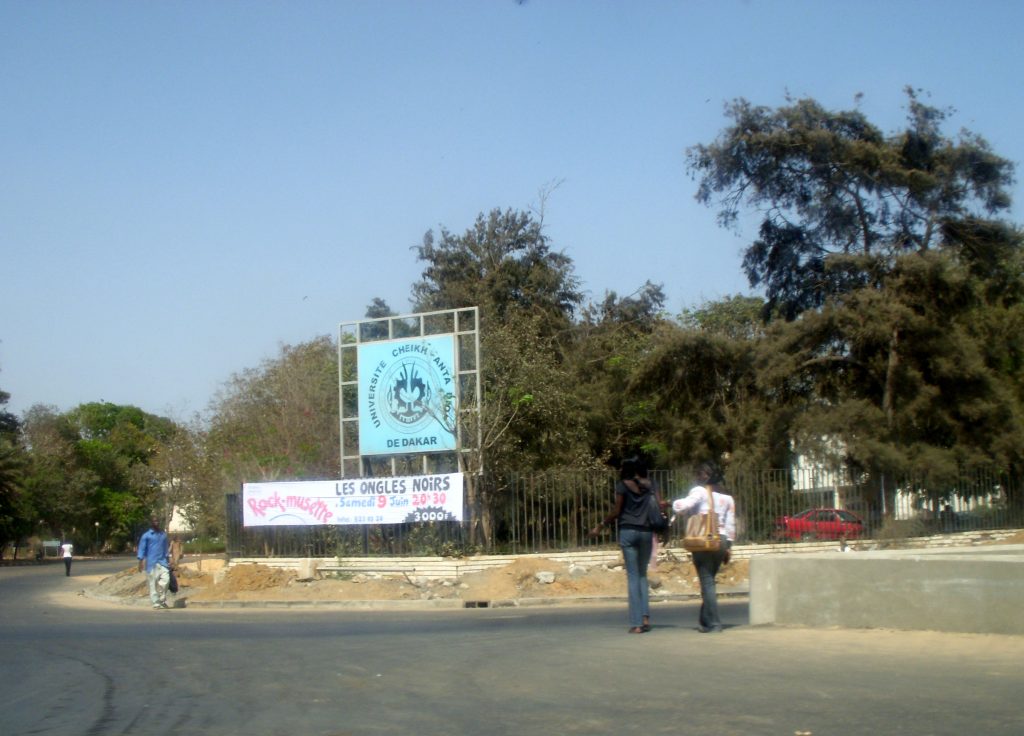
The first international conference of francophone science journalists is expected to attract to Senegal’s capital Dakar roughly sixty French-speaking science journalists from three continents. From 10 to 16 october 2022, around 60 French-speaking science journalists from several African countries, Québec and Europe will discuss about the challenges of the profession in the face of the climate emergency, thanks to the joint effort by the French-speaking Africa science journalists’ network (RJSAF), the French Association of Science Journalists in the news media (AJSPI), the Swiss Association of Science Journalism (SASJ) and the Quebec Association of Science Communication (ACS).
“The conference aims at enabling journalists to lay the foundations for better media treatment of the climate crisis, to understand the reality of the climate change, to discuss the role of journalists covering this issue that affects the entire planet and then to learn from the information crisis we have just experienced” said Togolese science journalist Kossi Balao, who is heading the project that was made possible by funding from the Spark Grant Initiative. “The event will allow journalists to collaborate among colleagues, but also with scientists. The program includes conferences, round tables, panels discussions, workshops as well as field visits” he added.
Topics will range from emerging infectious diseases and pandemic threats to food insecurity and water scarcity, from agriculture to mining, with a focus on the dangers of covering environnment and on the “decolonization” of the image of Africa in European and American media.
All details will soon be available on the conference website (www.cmjsf.org), scheduled to go live before the end of September.
This is one of the three projects funded by the first round of the Spark Grant Initiative (SGI), funded by five science journalists’ associations in Europe and the United States, and run under the auspices of the World Federation of Science Journalists (WFSJ).
The first project that was completed was focused on climate change and its effects in the Himalayan region: 8 science journalists from Nepal, India and Bangladesh gathered for bootcamp workshops for science journalists proposed by Nepalese science journalist Chhatra Karki, and helped each other produce better coverage for local audiences (see: https://wfsj.org/news/himalayan-climate-boot-camp-comes-to-a-thrilling-end/)
The third grant was assigned to Lindzi Wessel, a bilingual science journalist born and raised in the US and now based in Chile, who will organize a symposium focused on advancing science journalism training there. The symposium, based in Santiago and designed to attract between 150 and 200 people, will also provide the basis for ongoing actions by documenting expert discussions of best practices, opportunities for universities to provide more science journalism training and making calls to action aimed at various stakeholders.
The SGI was originally funded with 100,000 US dollars provided by the Swiss Association of Science Journalism (SASJ), the French Association des journalistes scientifiques de la presse d’information (AJSPI), and Science Writers in Italy (SWIM), which together organized the WCSJ2019 in Lausanne, Switzerland, as well as the National Association of Science Writers (NASW), and the Council for the Advancement of Science Writing (CASW), both from the United States, which put together the WCSJ2017 in San Francisco. The SGI is managed under the auspices of the World Federation of Science Journalists (WFSJ).
